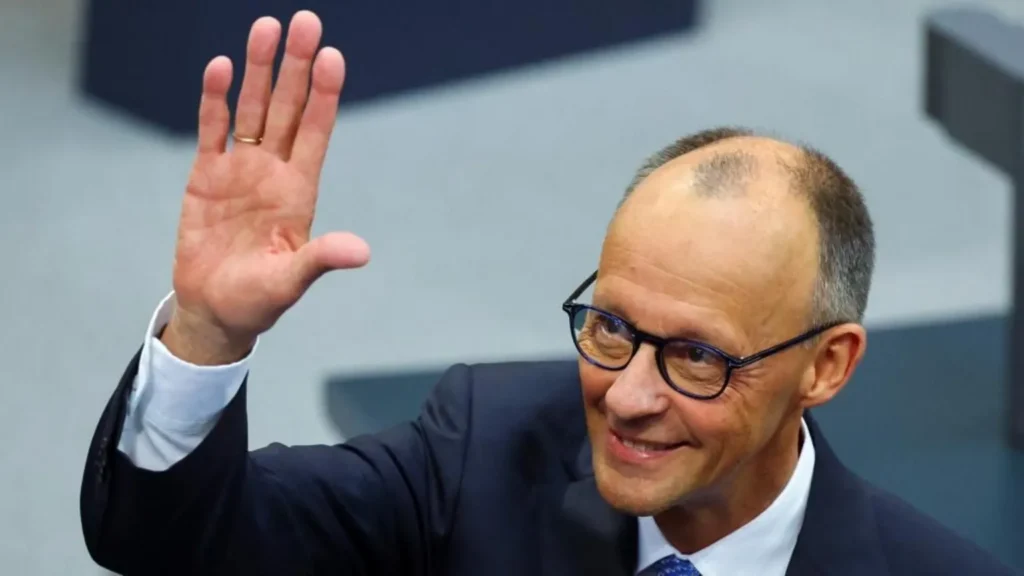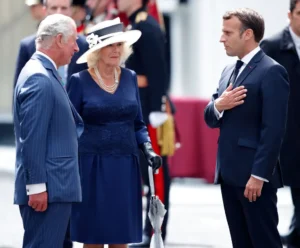Germany’s Merz falls short of majority in vote for chancellor

Germany’s conservative leader has unexpectedly fallen short of a majority in a parliament vote to become chancellor.
Friedrich Merz needed 316 votes in the 630-seat Bundestag but only secured 310, in a significant blow to the Christian Democrat leader, two and a half months after winning Germany’s federal elections.
His coalition with the centre left has enough seats in parliament but it appears 18 MPs who had been expected to back him dissented. Merz’s failure in the first vote is seen as unprecedented in modern German history.
The Bundestag will now have another 14 days to choose either Merz or another candidate as chancellor with more than half its members.
Under Germany’s constitution, there is no limit to how many votes can be held, but if no absolute majority is reached within that period then a candidate can be elected by a simple majority.
No further votes were expected immediately, and there was a prevailing mood of confusion.
Bundestag President Julia Klöckner was said to be planning a second vote on Wednesday, although Christian Democrat General Secretary Carsten Linnemann said he was hoping for a second round by the end of the day.
“Europe needs a strong Germany, that’s why we can’t wait for days,” he told German TV.
Merz’s defeat is seen by political commentators as a humiliation, probably inflicted by a handful of disaffected members of the Social Democrat SPD, which signed a coalition deal with his conservatives on Monday.
Not everyone in the SPD is happy with the deal, but party officials were adamant their party was fully committed to it.
The historic nature of Merz’s failure will be difficult for him to move on untarnished. No candidate has failed in this way since 1949.
The embarrassment of Tuesday’s vote undermines Merz’s hopes of being an antidote to the weakness and division of the last government, which collapsed late last year.
Far-right party Alternative for Germany which came second in the February election with 20.8% of the vote seized on his failure and called for fresh elections.
Joint leader Alice Weidel wrote on X that the vote showed “the weak foundation the small coalition has been built between the [conservatives] and SPD, which was rejected by voters”.
Merz’s choice for foreign minister, Christian Democrat colleague Johann Wadephul, told the BBC the vote was “an obstacle but not a catastrophe”.
“We will have a second attempt, of course, with again Friedrich Merz as the candidate from the coalition. And I’m sure he will be elected and he will be the next chancellor.” Johann added.
Source: BBC








